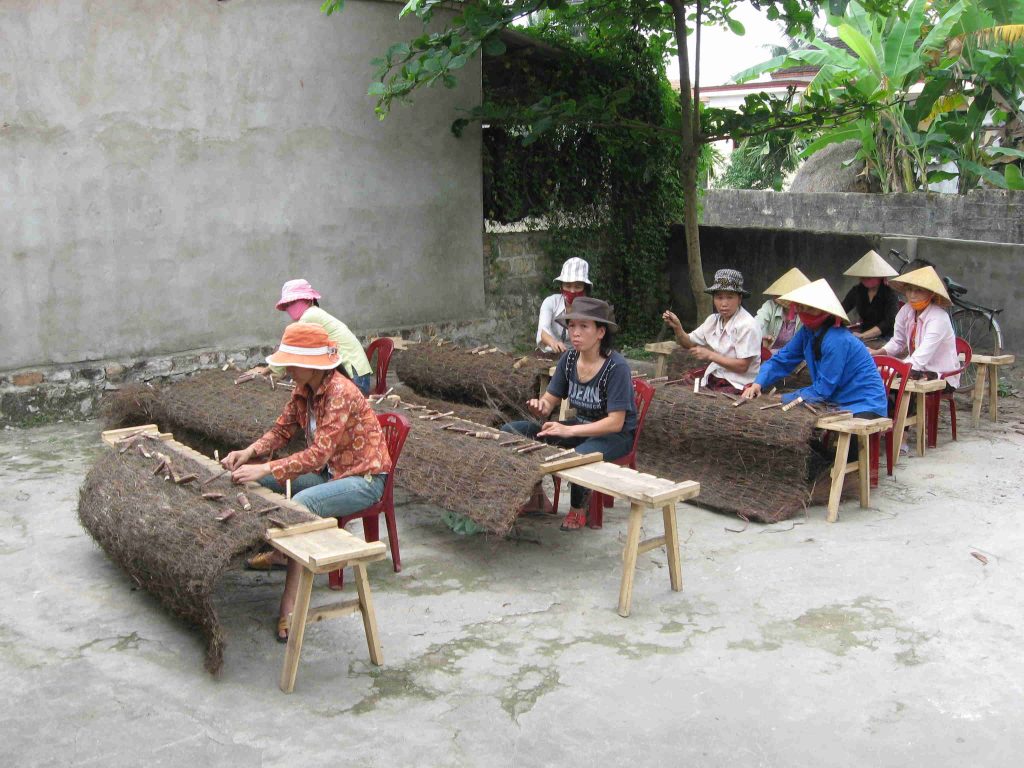GRANT INFORMATION
Donor: Australian Aid
Date awarded: 1 April 2013
Project End Date: 31 December 2016 (with current ongoing follow-up discussions and analysis)
OVERVIEW
This research project, using both qualitative and quantitative data collection methods, has focused on women’s economic empowerment and social protection projects in four Mekong countries: Cambodia, Lao PDR, Myanmar and Viet Nam. It involves an exploration of the gaps between the level of policy makers and intended beneficiaries in terms of their conceptions of the ideas of empowerment and security and their perceptions of what is happening on the ‘ground’; this exploration is on-going, as research findings are presented in both formal and informal policy-related discussions throughout the coming year. The research has focused as well on specifying under what conditions empowerment (as locally defined) and an increase in a sense of security (again, as locally defined) come as a result of economic empowerment and social protection projects, and under what conditions there seem to be no such apparent benefits – or even negative effects – in spite of the well-meaning intentions of the projects. The critical issue of sustainability of benefits is also explored: under what conditions are project benefits likely to continue, and under what conditions are they likely to disappear once the funding is over? Finally, the research suggests the extent to which key benefits tend to be seen by different stakeholders as more tangible or intangible in nature, and how communication between beneficiaries and policy makers could be improved in cases where there are differences in perceptions or priorities.
Having completed both qualitative and quantitative phases of data collection and initial formal policy dialogues in the four Mekong countries, the project is now analysing and presenting research results. The focus currently is on integrating the qualitative with quantitative survey findings and comparing across different cases within each country as well as across the four countries. The AIT- and country-based research teams will be following this up with additional informal discussions with policy makers and are currently working on a monograph, reports and academic papers to be presented at meetings, conferences and workshops to convey key findings to policy makers, local communities, academics and development practitioners.
TEAM LEADERS AT AIT (other ESP-Mekong researchers, including those in the four Mekong countries and in Thailand, can also be contacted through this address):
Dr. Philippe Doneys and Dr. Donna L. Doane
Email: esp.mekong@ait.asia Tel: +66 (0)2 524 5779, +66 (0)2 524 5668
Gender and Development Studies (GDS), Asian Institute of Technology (AIT)
P.O. Box 4 Klong Luang, Pathum Thani 12120 THAILAND

